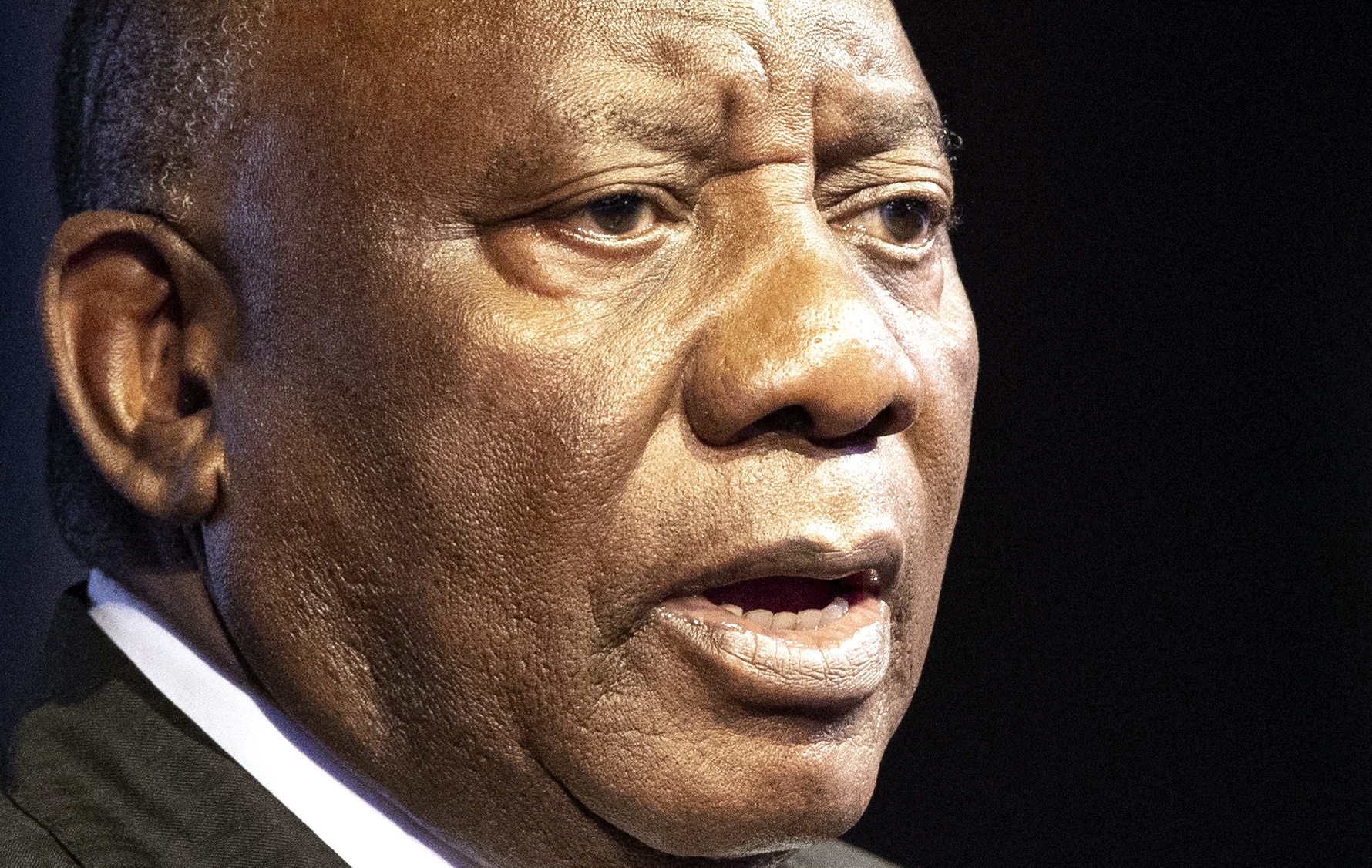Hours after President Cyril Ramaphosa announced the establishment of a commission of inquiry into the long-standing delays in Truth and Reconciliation Commission (TRC) case investigations and prosecutions, families and human rights lawyers said they now want him to announce the commission’s terms of reference and name those who will be appointed to lead it.
The inquiry relates to the more than 400 cases the TRC referred to the National Prosecuting Authority (NPA) in 2003. One of the most well-known is the case of the Cradock Four who were murdered by apartheid security forces in June 1985.
Despite two flawed inquests and the TRC process, the perpetrators have never been brought to justice.
In January 2025, a 23-member group of families of victims filed a 260-page affidavit asking the court to order Ramaphosa to set up a commission of inquiry within 30 days to investigate why TRC cases have not been properly investigated or prosecuted. They said Ramaphosa’s failure to act went against his constitutional duties.
Over the past five years, families, civil society organisations and individuals have consistently called for the establishment of such a commission.
In a statement on Wednesday, 30 April 2025, the Presidency said Ramaphosa was in the process of establishing the commission that would look into allegations of improper influence in delaying or hindering the investigation and prosecution of apartheid-era crimes that have persisted from previous administrations.
“A commission of inquiry with broad and comprehensive terms of reference is an opportunity to establish the truth and provide guidance on appropriate remedies. President Ramaphosa appreciates the anguish and frustration of the families of victims, who have fought for so many years for justice,” it said.
Read more: Families of apartheid-era victims take Ramaphosa, ministers to court over ‘suppressed’ TRC cases
The 23-member group is led by Lukhanyo Calata, a journalist, author and son of the Cradock Four’s Fort Calata. He welcomed Ramaphosa’s decision.
“We are actually delighted that the President has agreed with the families to set up this commission. We think it was a wise decision to rather communicate with us as a family.... instead of having a court order this inquiry.
“It’s sad to have to admit that no ANC president prior to Ramaphosa has even considered setting up something like this. It had to take legal action from us families to get to this point, but now that we are here, we are delighted – we just want him to announce the terms of reference, the judge that will lead this matter and the start of the commission,” Calata said.
The Presidency said the matter of the payment of damages by the state would be part of the terms of reference.
But Calata believes that “this commission must investigate who the people were that prevented or politically interfered with the work of the NPA and prevented it from going ahead and prosecuting our fathers’ killers. That has to be the start and end of this commission.
“Who was it, why did they do what they did, because by interfering with the work of the NPA they basically deprived families like mine of justice, and in that they were perpetuating this apartheid notion that black lives don’t matter,” Calata said.
Delays
Human rights lawyer Yasmin Sooka described Ramaphosa’s decision as an important victory for the families of the victims.
However, she expressed concern that Ramaphosa and the families have not been able to agree on a court application to declare the actions of several government bodies unlawful and a violation of the families’ rights, including a call for the state to pay damages, which she believes may delay the conclusion of the matter.
“The challenge of course is that the President has left open the question of the amount of constitutional damages that the victim’s families are asking for, which is around R167-million. He said that he is going to leave that with the commission to determine, commissions of inquiry don’t determine that sort of thing, they make recommendations. And I think that is an issue that is going to delay the finalisation of the matter,” she said.
Like Calata, she believes Ramaphosa must act with speed, adding that the credibility of any commission of inquiry depends heavily on who is appointed to serve on it and who leads it.
“I think that’s going to be the next important thing on the agenda,” she said.
The matter in which the group is seeking a total of R167-million in constitutional damages is ongoing.
The damages, if awarded, will be divided into three amounts: R115.26-million will be put into an independent trust to advance truth, justice and closure for the families, affirming constitutional values, vindicating the rights of the applicants and their families, and deterring future political or other interference in the administration of justice. It will not be distributed to the families personally.
Then, R8-million will be used to monitor the work of policing and justice authorities charged with investigating and prosecuting the TRC cases, and R44-million will be set aside for pursuing commemoration, memorialisation and public education activities, including holding public events, book publishing and the making of documentaries. DM





